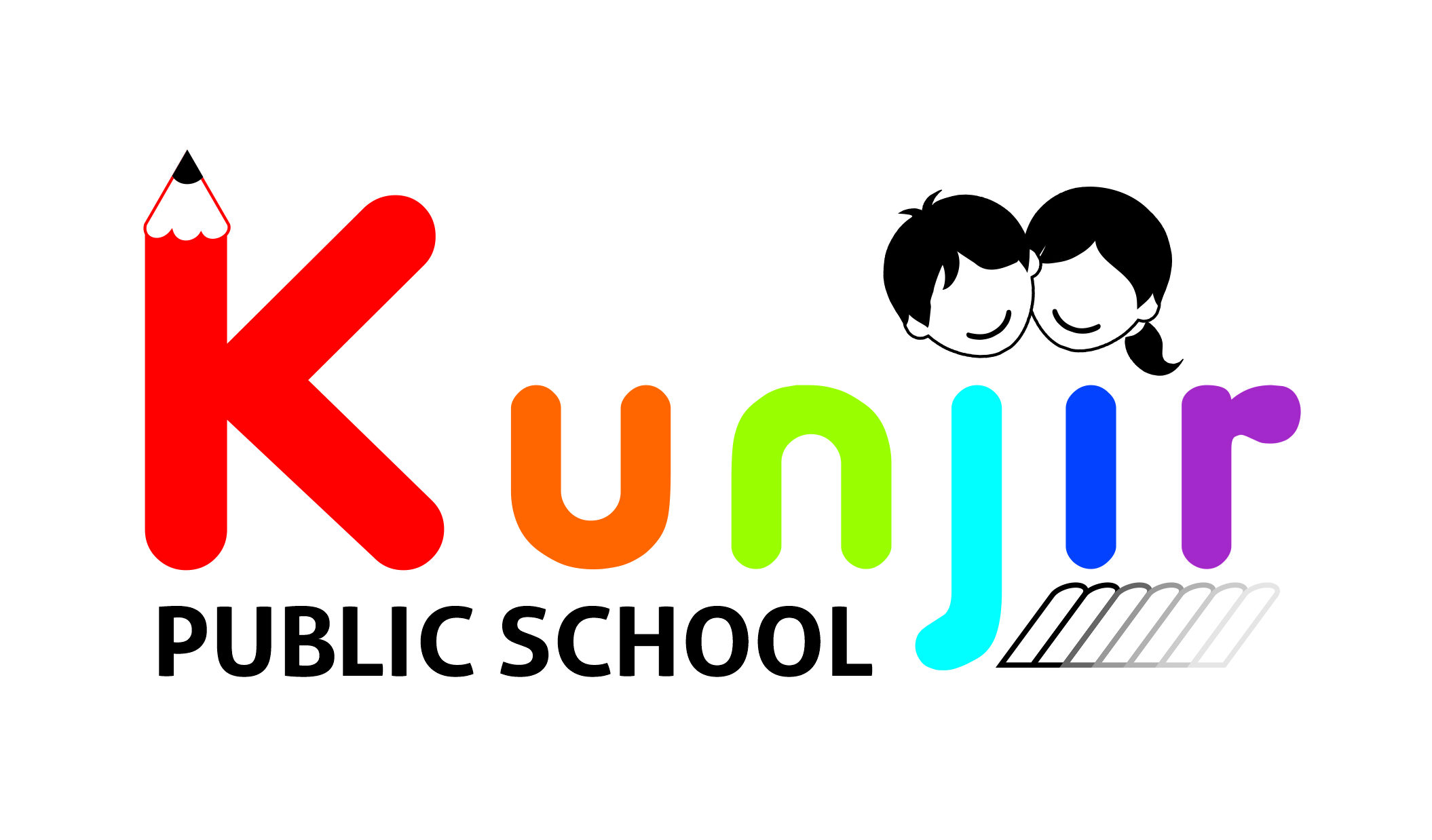Music Rooms
About Music Rooms
Our school’s dedication to the arts is further exemplified by our well-equipped Music Room. This is a harmonious space where melodies fill the air and students are encouraged to explore the world of music. The music room contains a range of musical instruments – from classical instruments like the piano, harmonium, tabla, and violin, to modern ones like the guitar, drums, and keyboard. There are also microphones and an audio system for vocal practice and recordings. Students receive instruction in both instrumental and vocal music as part of the curriculum and through extracurricular clubs.
Our music teachers provide lessons in melody, rhythm, and music theory, often grouping students into bands, choirs, or ensembles to experience the joy of making music together. Whether a child is a beginner learning basic notes or an advanced student preparing for music exams, the music room caters to all levels. We regularly hear the strains of our school choir rehearsing a new song or the school band practicing for the next annual function performance. Learning music has significant cognitive and creative benefits – it improves memory, coordination, and listening skills. In fact, music education boosts fine motor skills, promotes memory, and nurtures critical-thinking skills, making it a valuable component of holistic development.
Students often find that music is a wonderful outlet for creativity and self-expression, and many develop greater confidence by performing in front of an audience during school assemblies and events. From traditional Indian music to Western songs, our music program embraces diverse genres, enriching the cultural experience at school.
Music Room Highlights:
- Instrument Variety: Students can try their hand at string instruments (guitar, violin), percussion (drums, tabla), keyboards (piano, electronic keyboard), and wind instruments (flute, recorder) under expert supervision. The variety ensures exposure to different musical styles – from orchestral pieces to folk music.
- Vocal Training: Those interested in singing receive vocal coaching, including exercises to improve pitch and range. Group singing in our school choir teaches harmony and teamwork, while solo opportunities help build individual talent.
- Performances & Events: The music department organizes recitals, band performances, and singing competitions. Annual events like the Founders’ Day and Cultural Night feature orchestral pieces and choir songs prepared in the music room. These events give students a goal to work towards and the thrill of live performance, boosting their self-esteem.
- Creative Development: The music curriculum also covers basic music theory – reading sheet music, understanding scales and rhythm patterns – along with opportunities for students to compose simple tunes. Such activities enhance pattern recognition and creativity. Many students find that practicing music also improves their concentration and patience, benefits that carry over into their academic pursuits. As a result, the music room isn’t just about learning songs – it’s about shaping well-rounded, emotionally intelligent individuals.






